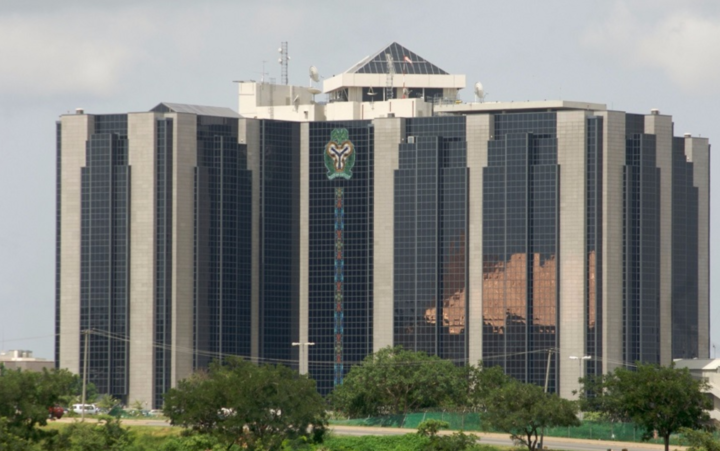Infostride News reported that the Central Bank of Nigeria (CBN) has once again delayed a scheduled meeting of its monetary policy committee (MPC), leaving investors and analysts eagerly anticipating the strategies new Governor Olayemi Cardoso may employ to address the escalating inflationary pressures.
In a report published by Bloomberg on Monday, the CBN’s Director of Corporate Communications, Dr. Isa Abdulmumin, stated in a text message response that the MPC would not be convening this week, marking the second postponement since Olayemi Cardoso assumed the role of governor in September.
Providing additional context, the CBN had initiated a series of interest rate hikes starting in May 2022, culminating in a substantial increase from 11.5% to 18.75% in July of the same year. The central bank justified these measures by citing the necessity of raising interest rates to counteract rising headline inflation. Notably, President Bola Tinubu had previously expressed the view that lower interest rates were essential for stimulating investment and consumer spending to sustain economic growth.

Despite these efforts, the inflationary trend persisted, reaching 27.33% in October, according to the latest data from the National Bureau of Statistics (NBS). This development has prompted discussions on the need to explore alternatives beyond the traditional monetary policy rate (MPR) as a means of controlling inflation.
However, the International Monetary Fund (IMF) consistently advocated for the CBN to maintain a tight monetary policy to curb inflation, which has been on the rise. This recommendation contrasts with the dissenting voices from various stakeholders who have opposed the continuous tightening of monetary policy.
Inflation in Nigeria has been accelerating at its fastest pace in almost two decades, prompting investors to closely monitor the MPC meeting for insights into the central bank’s intended measures to mitigate this trend. Additionally, there is keen interest in obtaining updates on the progress of the overhaul of the nation’s foreign exchange regulations initiated by President Bola Tinubu in June.
Cordros Capital, in a report published on Friday, offered further insight into the inflation outlook, predicting a potential peak of 28.02% year-on-year in December. The report suggested that “further rate hikes by the MPC will send a strong message that the apex bank is not relenting in its inflation fight.” This underscores the importance of the MPC’s decisions in shaping market expectations and signaling the central bank’s commitment to addressing inflationary challenges.
As the postponement of the MPC meeting raises anticipation and uncertainty among market participants, the economic landscape remains dynamic, with inflation expectations, foreign exchange regulations, and the overall policy direction of the CBN emerging as key focal points for investors and analysts alike. The coming months are likely to witness a careful observation of the unfolding developments and the impact of the central bank’s decisions on Nigeria’s economic trajectory.
Support InfoStride News' Credible Journalism: Only credible journalism can guarantee a fair, accountable and transparent society, including democracy and government. It involves a lot of efforts and money. We need your support. Click here to Donate
